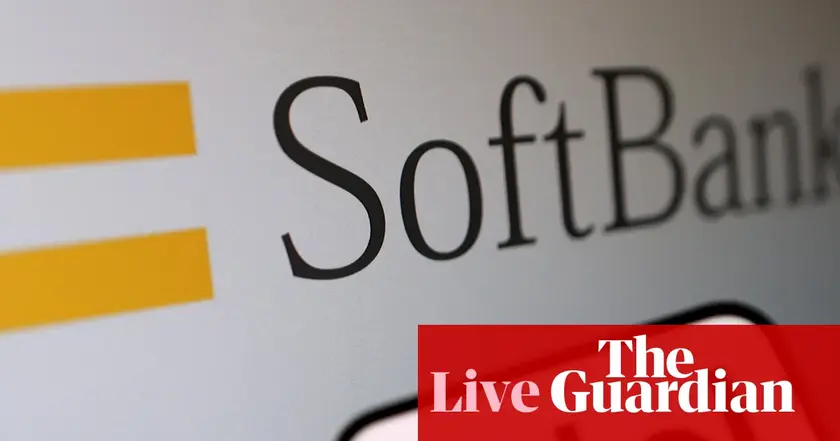T4K3.news
Intel faces new equity path
Intel offers discounted equity stakes to major shareholders amid SoftBank investment and CHIPS Act discussions
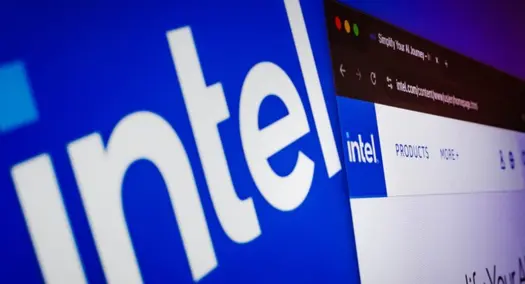
Intel tests discounted equity offers after SoftBank investment as a potential CHIPS Act stake draws attention.
Intel Discount Equity Sale Draws Scrutiny
Intel disclosed a new path to raise cash by offering discounted equity stakes to large shareholders, following SoftBank's $2 billion purchase at $23 a share. The move signals a search for capital without a full secondary offering and mirrors a tactic the market has already seen with SoftBank. Investors are watching closely as dilution risk rises for existing holders.
Separately, policy discussions around the CHIPS Act have raised the possibility that the government could take an equity stake in Intel to support domestic semiconductor manufacturing. Analysts say this could help scale production and supply security, but it also reframes risk for public investors. Intel shares slipped about 7.5 percent in trading after the announcement, underscoring how market sentiment remains fragile.
Key Takeaways
"The move dilutes existing shareholders as new equity comes in"
Factual note on dilution
"A government equity stake could steer the industry toward domestic revival"
Policy impact
"Markets are cautious, showing concern over price and governance"
Investor sentiment
"This is a test of how far policy can prop up a fragile supply chain"
Editorial perspective
This episode exposes the tug between market finance and industrial policy. Discount equity sales can bring cash, but they also transfer ownership risk to existing shareholders and raise questions about long term dilution. The dynamic invites scrutiny of who gains and who bears the cost.
If the government does take a stake, the aim to revive domestic semiconductor production becomes clearer, yet it risks politicizing a corporate plan and setting a precedent for future tech funding. The real test is whether policy alignment can deliver reliable production gains without eroding market discipline.
Highlights
- Discount deals shift risk from buyers to ordinary holders
- Policy moves should not rewrite a company’s capital story
- A government stake could revive US chip power
- Investors want clarity not political theater
Political and budget risk from government equity stake
The article discusses possible government equity stake via CHIPS Act and discounted equity sales, raising concerns about dilution and political influence on corporate governance. The risk is that future funding and control could rest with policymakers, affecting long term shareholder value.
Policy choices will shape the next chapter for Intel and the US chip sector.
Enjoyed this? Let your friends know!
Related News
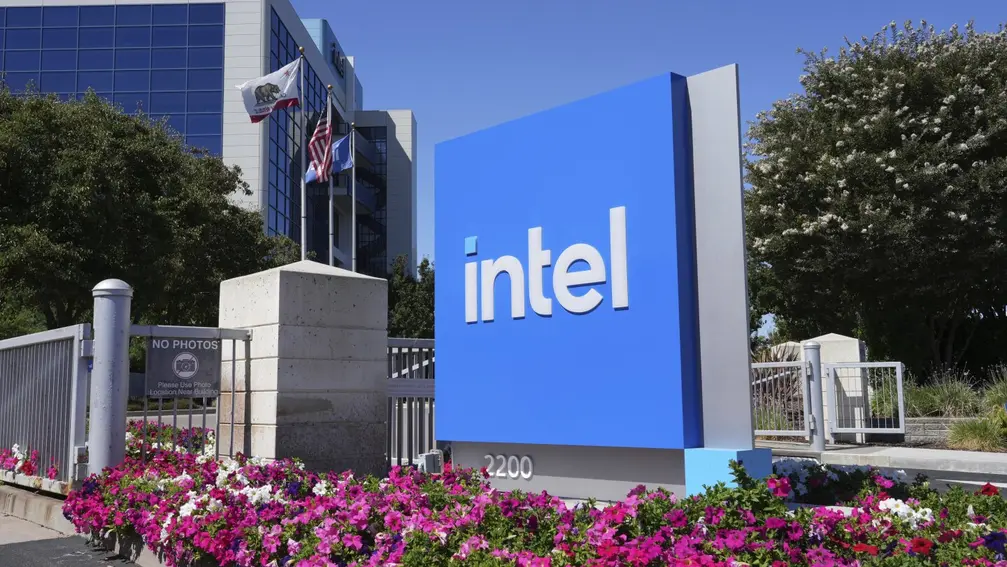
Government stake in Intel
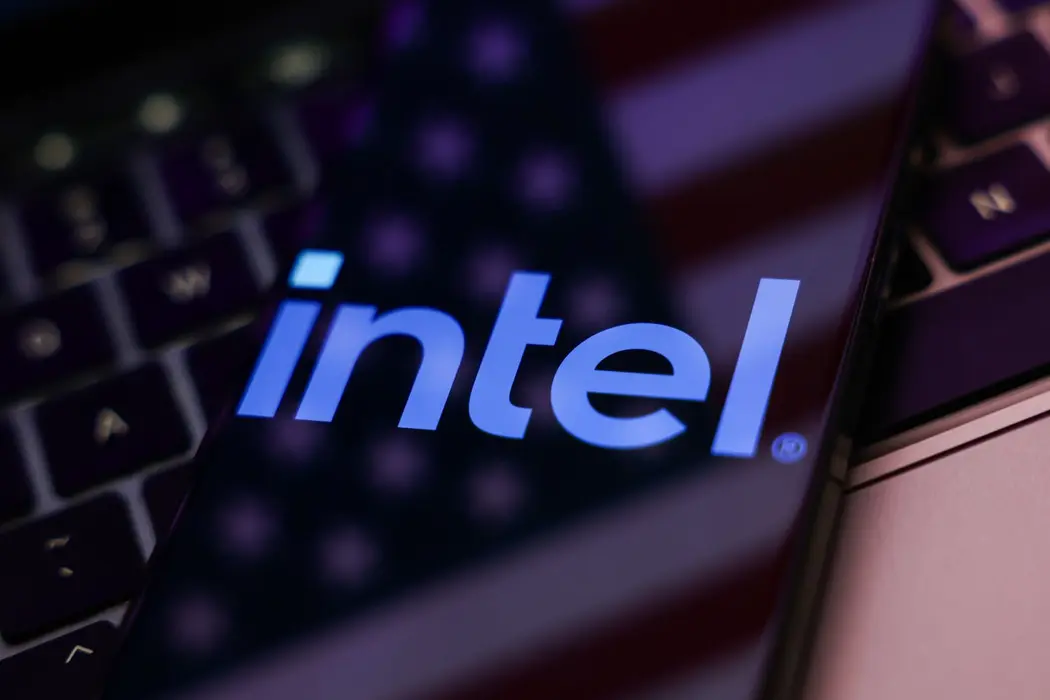
Stocks Mixed as Earnings Roll In and Chip Makers Lead

Markets shift as Berkshire stake and retail data move prices
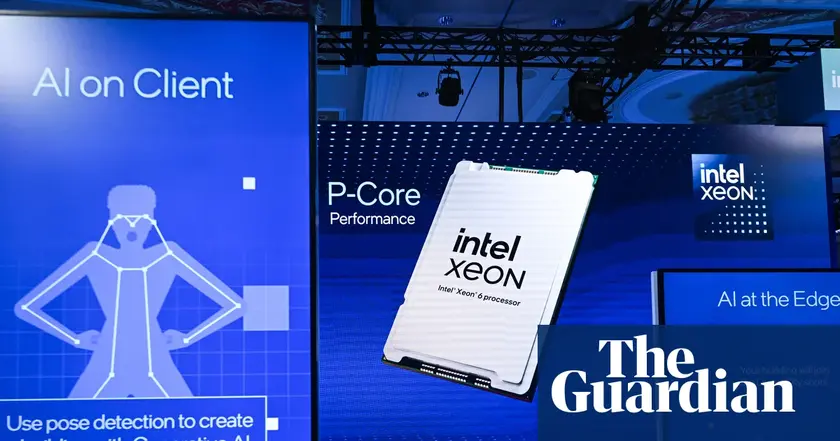
US considers equity stake in Intel under chips act funding

Intel leadership under political pressure

Goldman Sachs Offers New Roles to Junior Bankers

S&P 500 Holds Narrow Gain Intel Extends Rally

FTSE 100 hits new high on tariff cues
